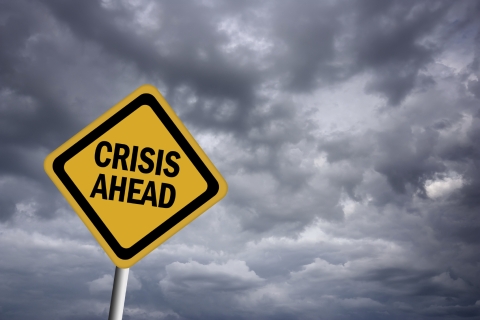PCMA Launches New Crisis Communications Guide for Global Business Strategists

PCMA has launched a new guide for Business Event Strategists on how to confidently handle communications around a crisis situation.
Based on a 15 point toolkit, the guide will prove an essential aide for those involved in planning a range of events.
It focuses Business Event Strategists on the impact poor communications can have on a crisis – or a stressful situation. The critical role of upholding a brand or company’s reputation plays when things go wrong is intrinsically linked with a hard-working communications plan.
Today’s 24-hour news cycle means that opportunities for the wrong messages to leak out are ever-present, making communications planning an essential part of every event organizer’s role.
The actions the guide recommends are grouped in three phases; pre-crisis or day to day business strategic planning; during a crisis – who handles it and how; and post crisis – responsibilities, resources and recovery.
It stresses the importance of asking ‘what if…?’ across the business, making sure that plans can respond adequately.
The guide also addresses the importance of re-building a reputation post-crisis. Good communication skills are critical throughout the process.
The crisis communications guide will be distributed to PCMA’s extensive network of contacts throughout North America, Asia and EMEA.
Sherrif Karamat, president and CEO, PCMA said: “We all need to think about ‘Resilience and Reputation’ – the core of what any business needs to have – and how we build these to counter any threat. What happens at our events has a lasting effect on our brands. This guide helps prepare event organizers to ensure a positive and long-lasting brand reputation.”
The full guide can be downloaded from the PCMA website at pcma.org/crisis.


Add new comment